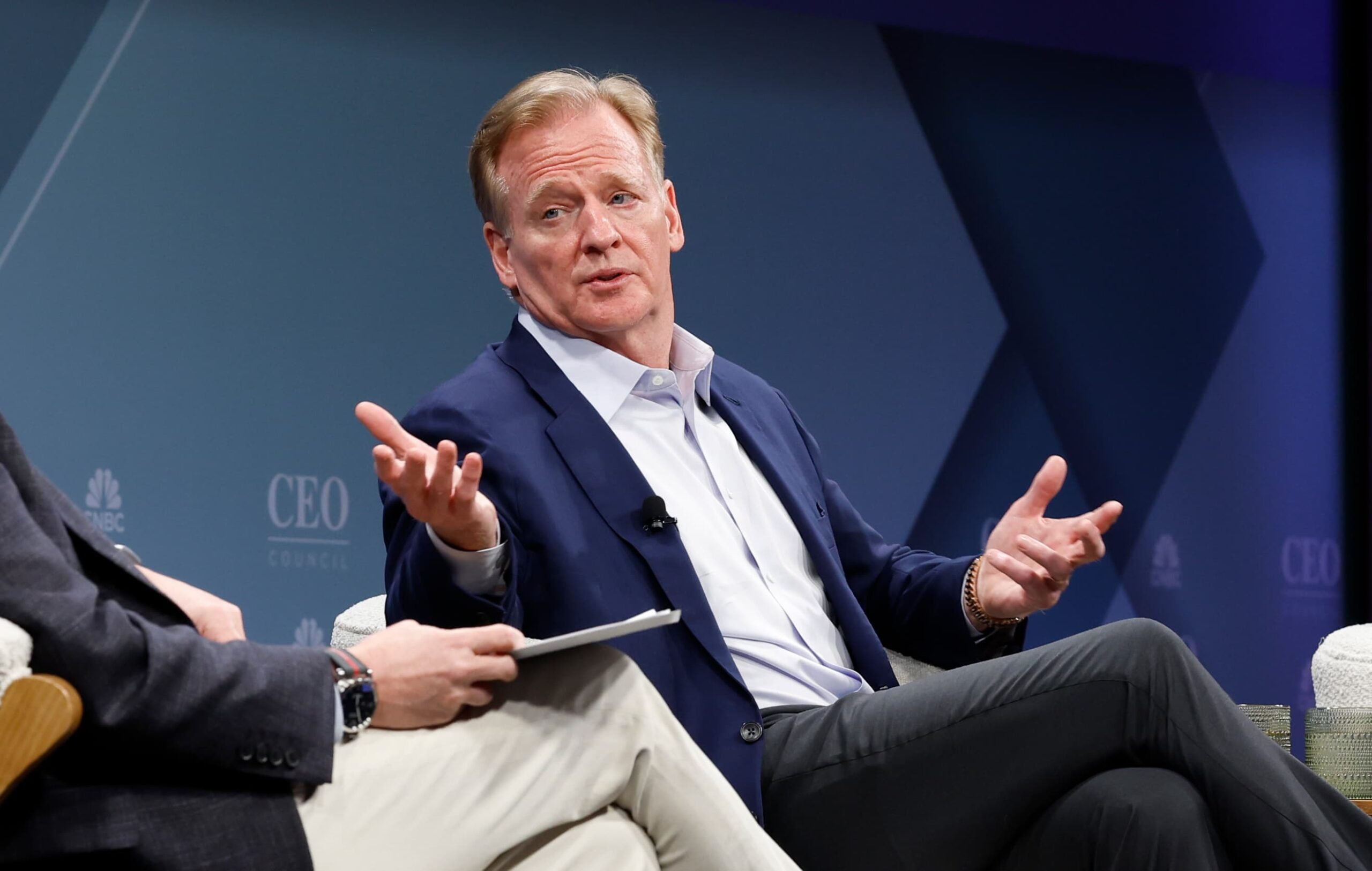KUALA LUMPUR: The seasonally adjusted S&P Global Malaysia manufacturing purchasing managers’ index (PMI) rose to 49.0 in April from 48.4 in March, indicating a softer downturn in the country’s manufacturing sector.
“The latest PMI data suggests that GDP growth is running at a slightly improved rate than that seen at the end of 2023, as well as pointing to modest year-on-year improvements in official manufacturing production data,” S&P Global said in a statement today.
According to the statement, as market conditions showed some signs of recovery, Malaysian manufacturers reported stable employment levels in April, following three consecutive monthly falls.
It said vendor performance also showed improvement in April, although delivery times shortened were marginal, yet marked the most seen since last May, and lead times also decreased of which manufacturers mentioned more timely deliveries of inputs.
“Hopes that new orders will return to growth territory supported confidence that production will rise over the coming 12 months,” it said.
On cost, S&P Global noted that firms operating in the Malaysian manufacturing sector signalled a solid rate of input cost inflation at the start of 2Q, with anecdotal evidence suggesting that raw material prices had risen, notably due to exchange rate weakness.
“In response, output charges were raised for the eighth time in nine months, following no change in March,” it said.
S&P Global Market Intelligence economist Usamah Bhatti said although the latest PMI data suggested that demand conditions in the Malaysian manufacturing sector remained muted at the start of the second quarter (2Q) of 2024, the data appeared to be on the up and were still consistent with modest growth in the official statistics.
“Evidence is currently pointing to demand conditions moving on an upward trajectory, given the softer moderations in production, new business and purchasing.
“Better still, manufacturers will be buoyed by the renewed expansion in new export sales, with the rate of growth the strongest recorded in three years,” he said.
Usamah added that the outlook towards output over the coming year also remained positive in April, however, the overall degree of confidence waned to the lowest for eight months. “Firms often mentioned that they remained unsure regarding the timing and speed of any demand recovery, with downside risks centred around a muted global economy,” he said. – Bernama

